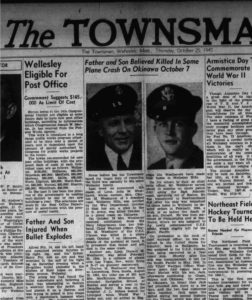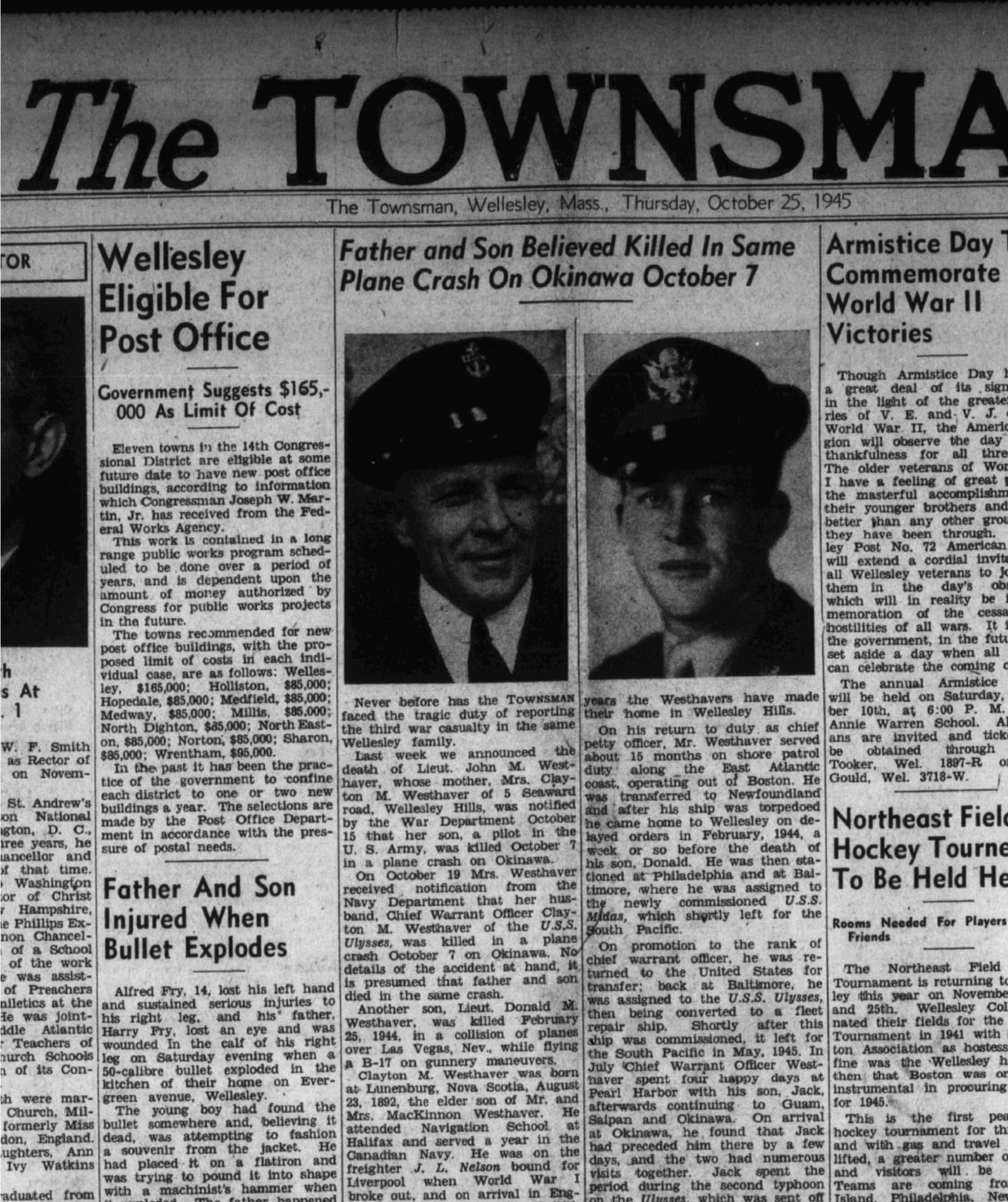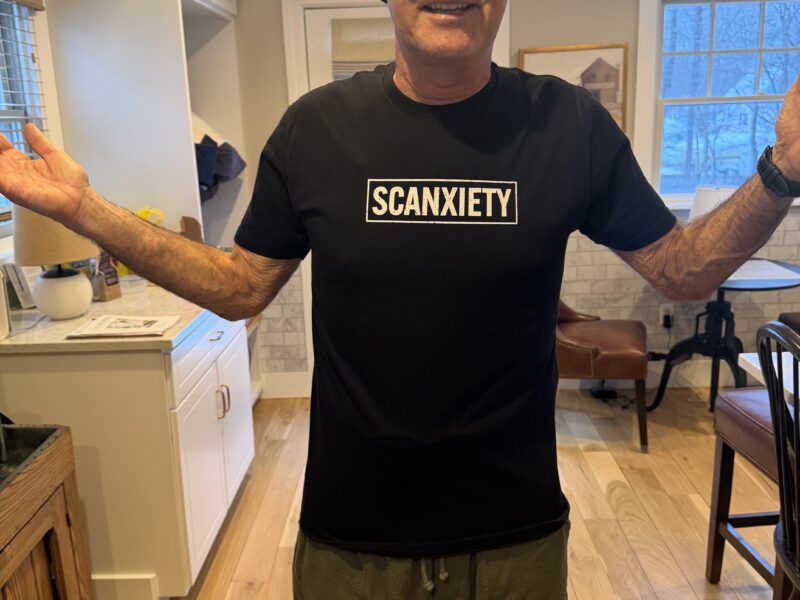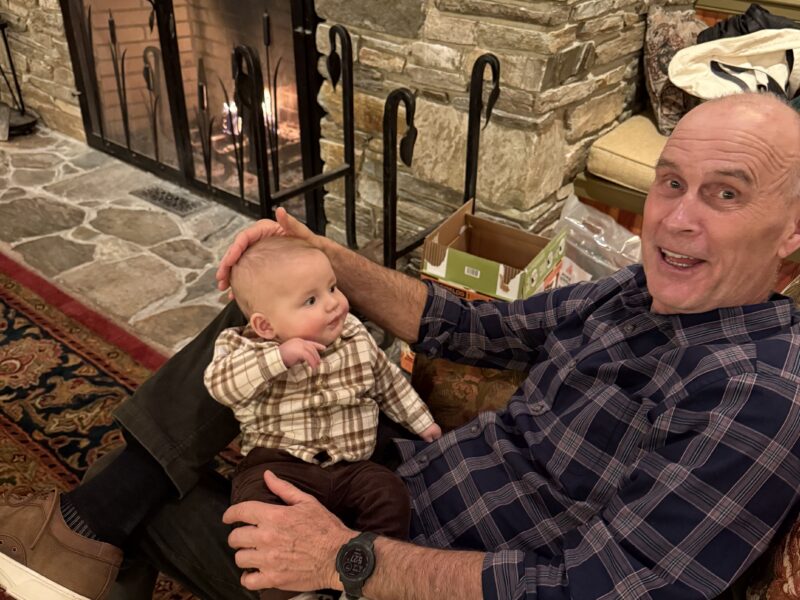This was first posted on May 25, 2015.

“Never before has The Townsman faced the tragic duty of reporting the third war casualty in the same Wellesley family.”
The date is October 25, 1945. The Townsman is a weekly newspaper in Wellesley, Massachusetts. The family is the Westhaver family. The three casualties were my mother’s father, Clayton Westhaver, and her two brothers, Donald and Jack.
All three were killed in plane crashes, one which took father and son (Jack) together over Okinawa. Although they were in different branches of the service – Navy dad, Army son – Mom always told me that they unexpectedly found themselves stationed on the same base and Jack offered to treat his dad to his first flight where they then died together. The Townsman reports that Donald was killed in a collision of planes while practicing maneuvers over Las Vegas, NV.
I remember how shocked I was when my mother first told me the story during my college days. As stoic as they come, she told it with what I remember as her trademark calm and deliberate pride.
I later learned that aircraft accidents and casualties were far more common than WW2 newsreels and glorification movies might have us believe. From the WWII Foundation’s website:
According to the AAF Statistical Digest, in less than four years (December 1941- August 1945), the US Army Air Forces lost 14,903 pilots, aircrew and assorted personnel plus 13,873 airplanes — inside the continental United States. They were the result of 52,651 aircraft accidents (6,039 involving fatalities) in 45 months… Think about those numbers. They average 1,170 aircraft accidents per month—- nearly 40 a day.
“Think about those numbers”… indeed. And today is a good day to think about them. For as Franklin Roosevelt said in 1941, at the dawn of WW2: “Those who have long enjoyed such privileges as we enjoy forget in time that men have died to win them. They come in time to take these rights for granted and to assume their protection is assured.”
So, thanks, Clayton, Donald, and Jack. FDR’s gender specificity might reflect the frame of reference of his era, but you have to know that he’d be first in line today to thank all those men and women who gave all. And he’d probably have a few profound words of appreciation for all who gave some.
Onward, Malcolm Gauld


